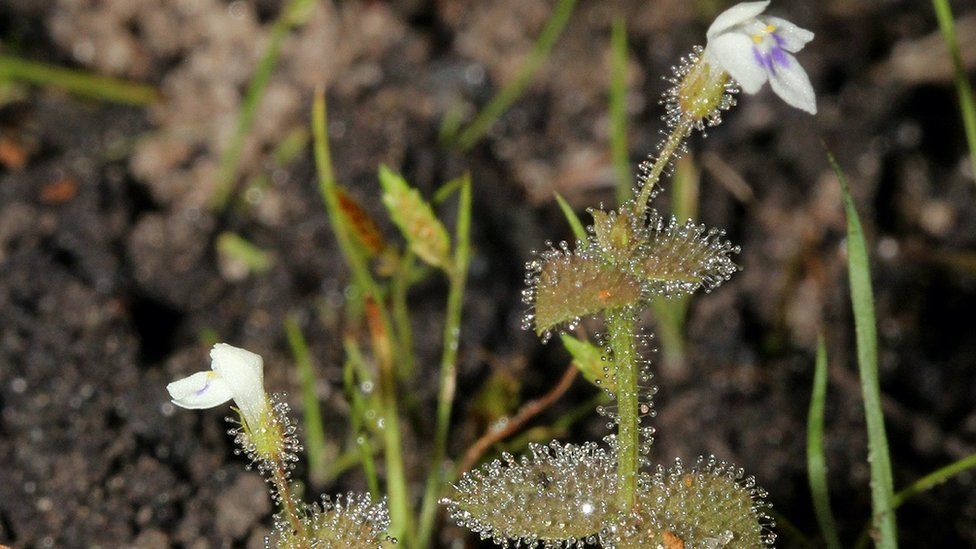-

-
-
Loading

Loading

Scientists at the Royal Botanic Gardens, Kew, made some exciting discoveries last year, uncovering 74 new plants and 15 fungi. These unique species were found in surprising locations, such as on a volcano or attached to rocks in Antarctica. Unfortunately, many of these newfound plants are at risk of extinction, with about three-quarters of them facing this threat. The researchers warn that one of the species may have already been lost. However, these discoveries serve as a reminder of the beauty and wonder of the natural world, as well as a warning about the dangers of biodiversity loss and climate change. The scientists believe that naming these new species is an important first step towards protecting them and exploring their potential uses for humanity. The thrill of finding a species that is completely unknown to the rest of the world is a significant motivator for the researchers. Among the top-10 discoveries for 2023 are lichens on Antarctic rocks and a unique plant with bright red flowers that grows on the summit of an Indonesian volcano. Another fascinating finding is a plant from the mint family that attracts and traps insects, possibly digesting them for food. Researchers expect this species to be proven as carnivorous in the coming years. Additionally, trees were discovered growing beneath the Kalahari sands in Angola, while underground orchids were safeguarded by a rare bird species. Overall, these discoveries highlight the vast potential for new food sources, medicines, and other useful compounds found in nature. It is estimated that there are still around 100,000 unidentified plant species and an even greater number of fungi awaiting scientific identification.